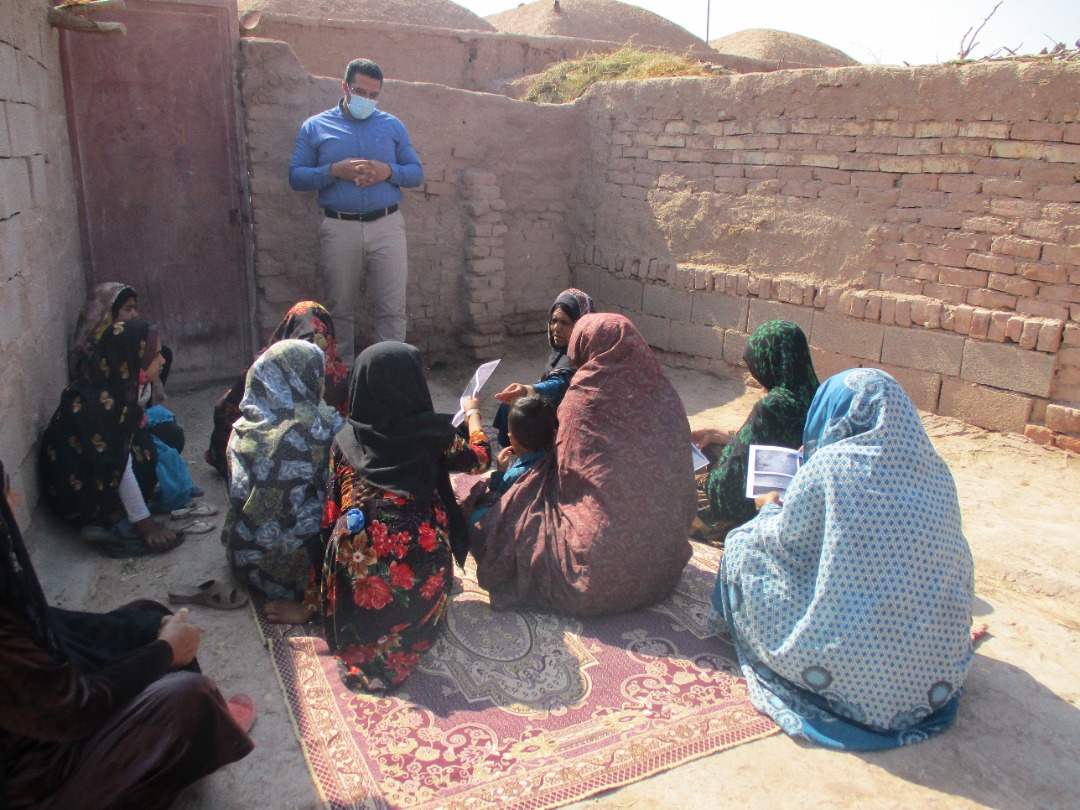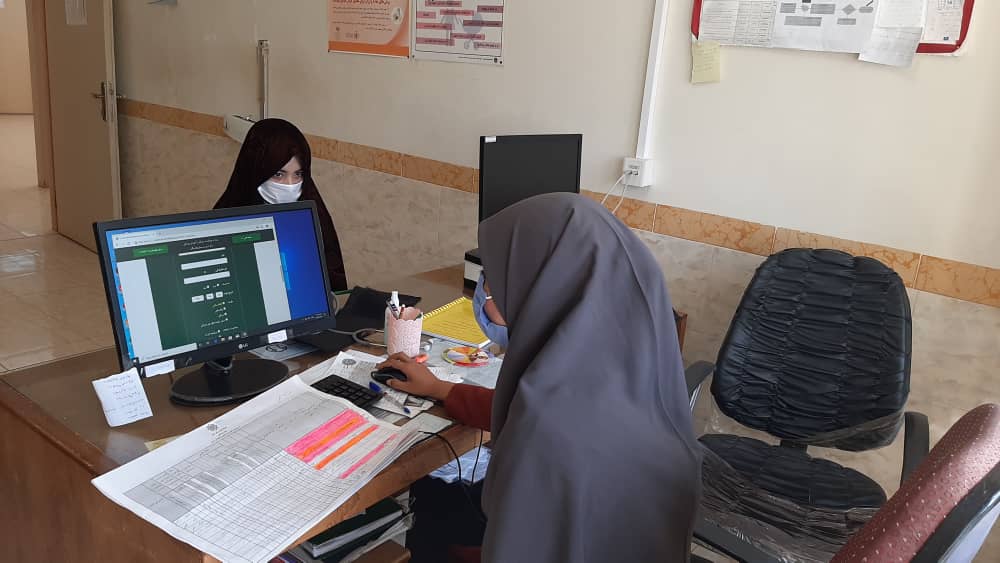A programme to monitor and treat Afghan refugees and migrants for their TB status has been gaining ground and achieving an encouraging treatment rate of identified patients
Defeating Tuberculosis
April 6, 2023

TB project - Kerman 2020
Migrants and refugees, particularly Afghans, are among the most vulnerable to Tuberculosis (TB), once considered one of the deadliest contagious diseases in the world. (Of course, the COVID-19 has changed this perception drastically, but the disease still poses a very serious concern, and has critical implications on community health). Afghan migrants are particularly susceptible to TB because they do not voluntarily approach hospitals when they start displaying symptoms of the disease. In this scenario, Active Case Finding (ACF), a programme to support vulnerable communities by proactively visiting them and identifying TB cases, offers a possible avenue for mitigating the problem, leading to a healthier future for both Afghan migrants and refugees residing in Iran and the Iranian population itself.
ACF is a methodology of screening Afghan migrants and refugees used in Iran, Afghanistan, and Pakistan within the framework of the TB multi-country grant from the Global Fund (GF) for 2019-2024.
It has been a collective and systematic effort, in which each stakeholder plays its role, from the national level to the provincial-, district- and field levels. UNDP as the Principal Recipient and the GF as the donner of the funds, support the project by facilitating an understanding of the context and modifying the fund based on the real needs in the communities.
In the beginning of the outbreak of COVID-19, the similarities between the symptoms of the new disease and TB symptoms, and the difficulty in differentiating them, an overstretched healthcare system, the sanctions, and the disruption in the medicine supply chain due to lockdowns have made the successful implementation of the TB project almost impossible. But, as healthcare personnel were grappling with the COVID-19 pandemic, the Universities of Medical Sciences (UMSs) came to the rescue, and through various virtual workshops, more than 1,000 screeners were trained and became involved in the ACF.
Although the UMSs were fully involved in the COVID-19 response plan, they were able to continue their work on the ACF effort thanks to the financial support from the Global Fund’s TB Multi-Country Grant (TB-MCG) and the technical support at the national level.
With the help of the UMSs, despite the challenges, the ACF project overachieved both in terms of screening and identifying Afghans with TB. Around 246,659 Afghan migrants and refugees were screened, as against the target of 196,000 people in 2022. The bigger accomplishment was the identification of 337 TB patients from among those screened. (The target number was based on calculations 135 meaning the project has had 250% success in active case detection). The treatment success rate was 82% in the period currently under review.
Free medicine, treatment monitoring and follow-up are all components of the project.
Cultural issues play an important role in the success of health interventions among ethnic communities, and a knowledge of traditional taboos and boundaries, coupled with steps to overcome these hurdles, have a bearing on the impact of the interventions. This proved to be the case in respect of the ACF in TB MCG too.
“There was a kind of resistance against male screeners, especially in some communities of Mashhad. Women were reluctant to participate in ACF due to gender-based issues. So, we engaged and trained some female screeners for the project, and they were able to successfully conduct ACF in those areas,” reports one of the screeners.
A major challenge in running the programme was the fact that many Afghans travelled back to Afghanistan at the beginning of the pandemic, but after the outbreak of the disease in their home country prompted them to come back to Iran, they did not necessarily return to their erstwhile homes in Iran. Instead, they were scattered widely across provinces. Additionally, the influx of Afghans since mid-August 2021, further complicated tracking efforts not just because this community was very mobile but also since the influx significantly changed the demographics of Afghan populations in Iran as previously known by the project. Continuity in treatment protocols is crucial to curing TB, and the difficulty of keeping track of, and following up with patients on the move is a serious hurdle.
According to the screeners, one of the factors in extraordinary achievement in this project, over the last four years, was because they were able to go above and beyond their duty because the national TB team (in Tehran) treated them with the utmost respect, thus managing to establish trust. UMS staff and some trained Afghan volunteers were able to conduct screening of hard-to-reach populations like Afghan migrants.

TB project - Kerman 2020
Even outside the COVID-19 scenario, Afghans tend to travel and migrate across three neighbouring countries, namely Afghanistan, Pakistan and Iran. UNPD Iran will be part of a multi-country integrated TB identification platform, making it possible for the Afghans moving from one country to another to continue their treatment schedule.
As part of the GF-UNDP’s ongoing endeavour to make a greater impact, two initiatives related to TB are underway: digitalization and mobile TB services.
The digital system will provide the platform for finding and linking Afghan TB patients to the treatment system if they leave one country to go to another one.
Preliminary screening is done as per a defined protocol, which includes checking symptoms and testing sputum samples. If there is a suspected case of TB, the Afghan migrants are required to go to health centres, often far away from their homes, so that further diagnostic tests such as chest X-Rays can be conducted. Most Afghans do not follow up on this advice, and even those who are willing to do so usually cannot afford the transportation. That’s where the mobile TB services come in useful. The mobile TB clinic are equipped with advanced equipment such as the chest X-Ray and GeneXpert machine, offering the migrants on-the-spot diagnostic facilities.

 Locations
Locations